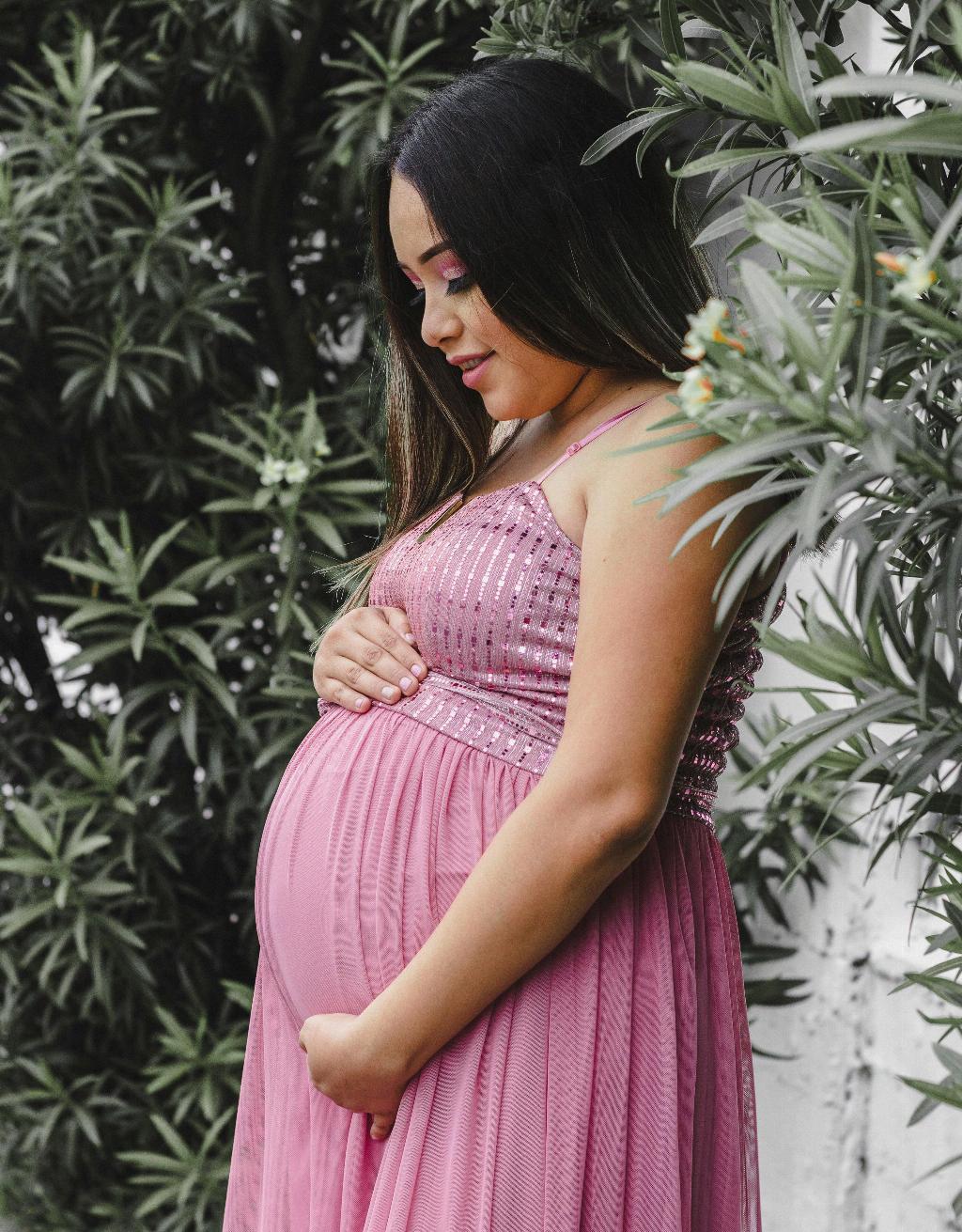Getting pregnant one month after giving birth is a topic that sparks curiosity and concern among many individuals. The human body goes through significant physical and hormonal changes during pregnancy and childbirth, and conceiving again shortly after can have various implications on both the mother and the baby.
Potential Risks and Challenges
Experts suggest that getting pregnant too soon after childbirth may increase the risk of complications for both the mother and the newborn. One significant concern is the higher likelihood of premature birth. The body needs time to recover and replenish vital nutrients essential for a healthy pregnancy.
Impact on Maternal Health
For the mother, experiencing back-to-back pregnancies can strain the body, increasing the risk of nutritional deficiencies and exhaustion. The demands of pregnancy, childbirth, and caring for a newborn can take a toll on physical and mental well-being.
Health Considerations for the Newborn
When a woman becomes pregnant shortly after giving birth, the newborn may face health challenges due to inadequate spacing between pregnancies. Premature birth, low birth weight, and developmental issues are among the potential concerns.
Nutritional Needs and Preparation
Proper spacing between pregnancies allows the body to rebuild its nutrient stores, particularly essential vitamins and minerals like folic acid. Nutritional deficiencies can have a profound impact on the health of both the mother and the developing fetus.
Physical Recovery and Healing
Recovering from childbirth is a crucial process that entails healing physically and emotionally. Engaging in another pregnancy shortly after giving birth can impede the body’s ability to fully recuperate, potentially leading to complications.
Emotional Well-being and Bonding
Building a strong emotional connection with a newborn is essential for their development and overall well-being. A mother who becomes pregnant soon after giving birth may find it challenging to establish bonds with each child individually, impacting the emotional dynamics within the family.
Family Dynamics and Support
Adding a new member to the family is a significant transition that requires ample support and resources. Managing multiple pregnancies and caring for multiple children in a short span can strain familial relationships and necessitate additional support structures.
Medical Advice and Consultation
Given the potential risks associated with getting pregnant shortly after giving birth, seeking medical advice and consultation is crucial. Healthcare providers can offer personalized guidance and recommendations based on individual health conditions and circumstances.
Planning and Decision-Making
Family planning plays a pivotal role in ensuring the health and well-being of both the mother and the child. Making informed decisions regarding the timing of pregnancies and spacing intervals can positively impact maternal and infant outcomes.
Conclusion
In conclusion, getting pregnant one month after giving birth can present various challenges and risks for both the mother and the newborn. Prioritizing maternal health, nutritional needs, emotional well-being, and family dynamics is essential in navigating the complexities of back-to-back pregnancies.

